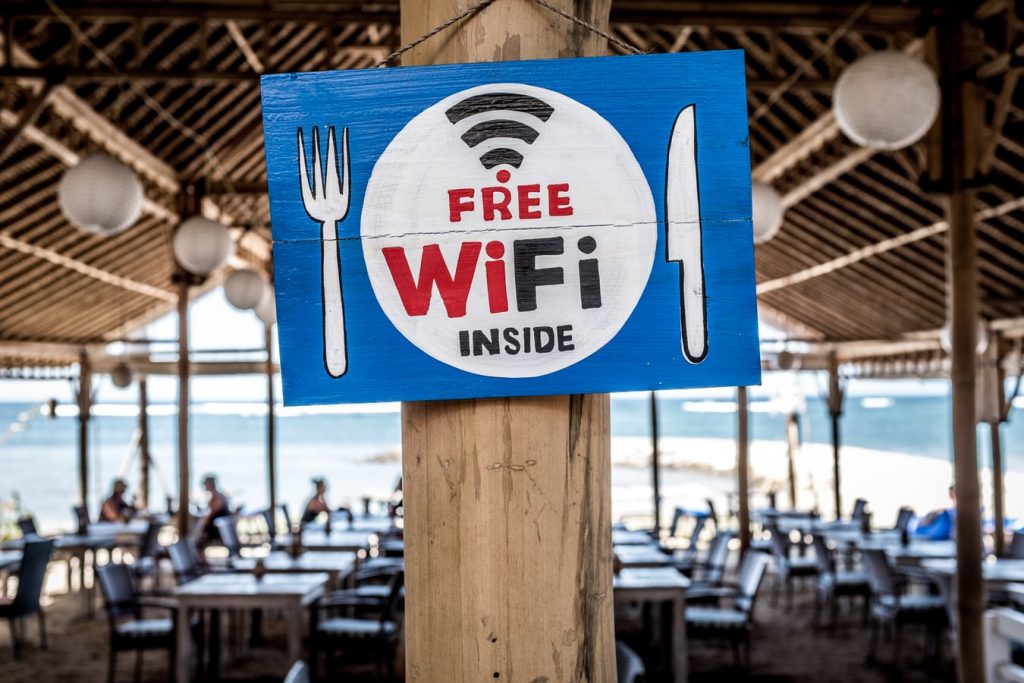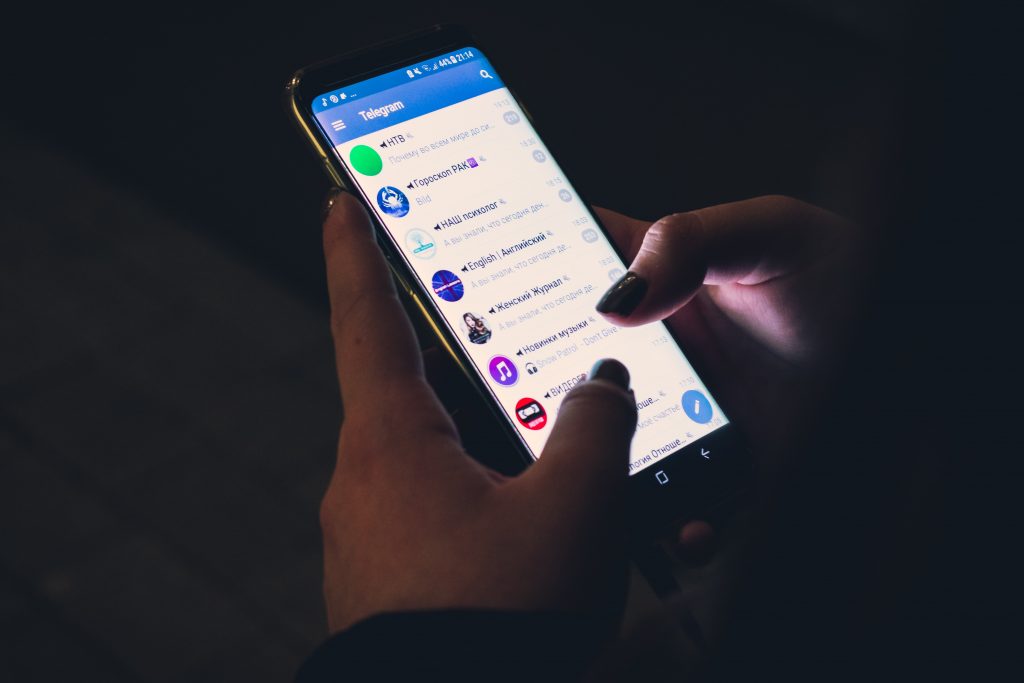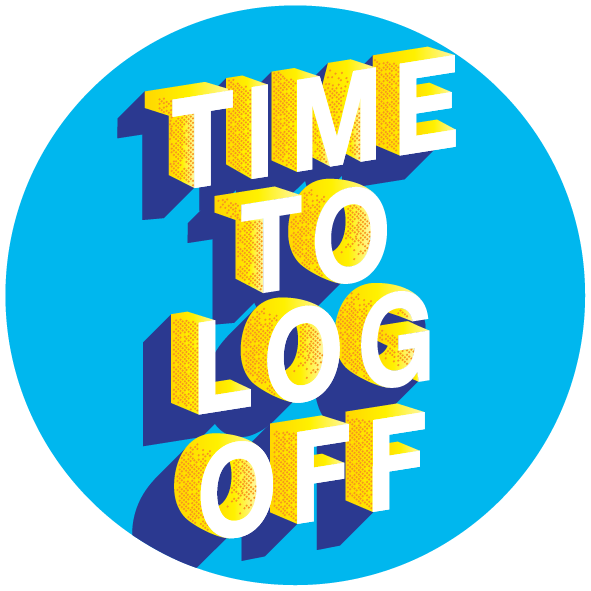
04 Aug How to Spot Internet Addiction
We all laugh and tease others about being ‘addicted to the internet’, and to social media and messaging in particular. But in lockdown we know that all our time online has absolutely soared. In a world when we need the internet more than ever for education, work and social connection, how can we see through our own excuses and recognise when we might have a real case of internet addiction?
Here are some red flags to watch out for in monitoring yourself, or others, for signs of addiction to the internet:
You’re neglecting the rest of your life
One of the hallmarks of addiction to any substance or process is the way in which it creeps slowly to take over the whole of your life. Time spent in your addiction causes you to neglect areas that are important. Sleep, food, exercise, time with friends and family – these are all areas to take a look at. Are you spending the time you need to in each area, to live a healthy, happy and well-rounded life? Or is your internet addiction eating up hours of your day, leaving you no time to focus on one, or all, of those things?
You’re scrolling mindlessly
Think about how mindful, or how unconscious your internet use is. Do you have a plan for your time online? Does time on the internet help you to achieve your goals in your professional or personal life? Do you know exactly what you’re getting out of your time on various apps and websites, and how much time you plan each day to spend there?
Or is your internet use more on automatic pilot? Do you pick up your device without thinking and scroll mindlessly and compulsively, without a plan for what you’re trying to achieve? Do you go online for one distinct purpose, then 30 minutes later find yourself fallen down an internet rabbit hole, doing something completely different?
You get anxious at the thought of not being connected

You might be familiar with the phenomenon of Nomophobia; where someone is so worried about being without their phone they keep anxiously patting their pockets for it. But what about wifi anxiety? if you can’t leave the house, go into a restaurant or book a trip away, until you’ve checked the wifi facilities, you might want to rethink whether you have internet addiction. It’s healthy to take a break sometimes from the digital world. Planning your life completely around internet, not so much.
You wake in the night to go online

We’ve mentioned sleep, but don’t just think about if your sleep is shortened by the hours you spend online. Are you actively breaking your own sleep in the middle of the night, to check the internet? Is your FOMO so bad that you find yourself regularly waking up to check for email or message replies, or for the performance of your social media posts? This is a big red flag for internet addiction. Sleep is important, so many mental and physical health processes rely on it.
What can you do?
If you’ve felt a flash of recognition at any of the above, we recommend trying the first steps of weaning yourself away from your unhealthy internet use with a digital detox.
#1 Be mindful with your use of the internet. Don’t use it as the default to fill in every gap in your day. Make a conscious effort to connect with others and to rediscover analogue activities and real-world pleasures.
#2 Make a deliberate plan for your internet use. Ask yourself how logging-on is helping your achieve your life goals.
#3 Check-in with yourself to make sure you’re not using mindless scrolling to numb-out uncomfortable feelings.
The internet is an important tool for connection, especially now, but don’t let it become a substitute for the rest of your life. No-one is going to say on their death-bed “I wish I had spent more time online”. Step away from your devices from time to time.

For more about internet addiction and living healthily and happily with tech, check out our podcast ‘It’s Complicated‘ on Apple podcasts and Spotify.






Sorry, the comment form is closed at this time.